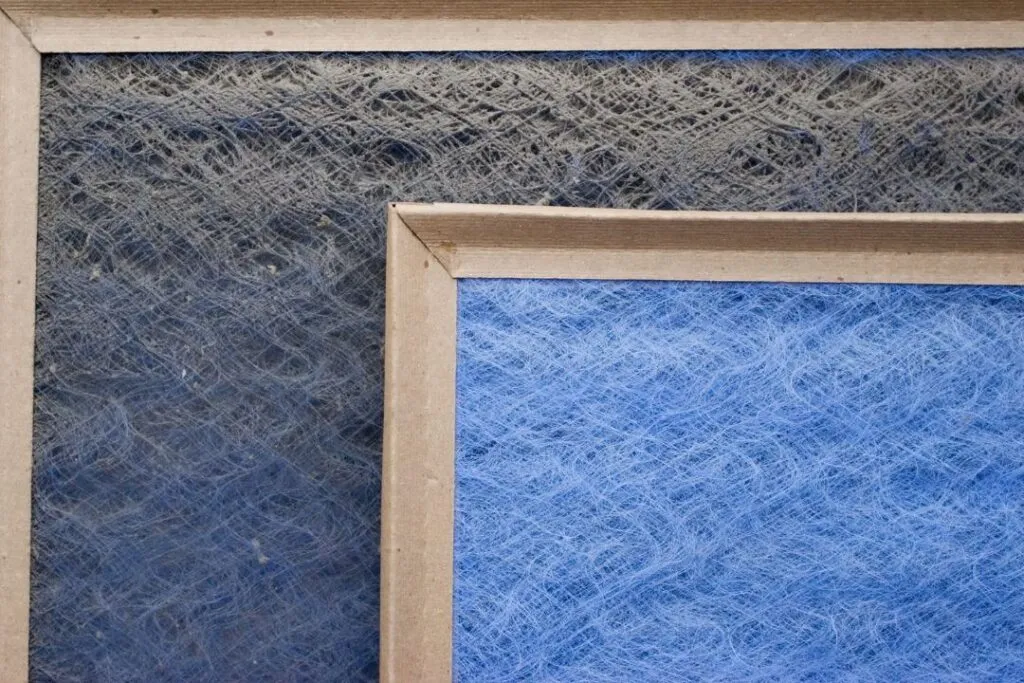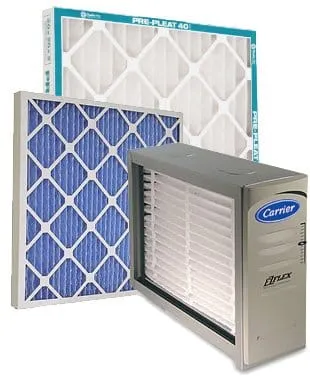[vc_row type=”in_container” full_screen_row_position=”middle” column_margin=”default” column_direction=”default” column_direction_tablet=”default” column_direction_phone=”default” scene_position=”center” text_color=”dark” text_align=”left” row_border_radius=”none” row_border_radius_applies=”bg” overlay_strength=”0.3″ gradient_direction=”left_to_right” shape_divider_position=”bottom” bg_image_animation=”none”][vc_column column_padding=”no-extra-padding” column_padding_tablet=”inherit” column_padding_phone=”inherit” column_padding_position=”all” column_element_spacing=”default” background_color_opacity=”1″ background_hover_color_opacity=”1″ column_shadow=”none” column_border_radius=”none” column_link_target=”_self” gradient_direction=”left_to_right” overlay_strength=”0.3″ width=”1/1″ tablet_width_inherit=”default” tablet_text_alignment=”default” phone_text_alignment=”default” bg_image_animation=”none” border_type=”simple” column_border_width=”none” column_border_style=”solid”][vc_column_text]
The Importance of Air Conditioning Filters
The air conditioning filter is one of the most crucial components of an air conditioning system. Without it, the system would be dirty, and the air we breathe would be filled with pollutants. Maintaining a clean and regularly replaced air conditioning filter is essential to ensure optimal performance and efficiency.
The Consequences of a Dirty AC Filter
Neglecting to clean or replace the air conditioning filter can lead to several issues. Over time, it can result in higher energy costs and shorten the lifespan of the equipment. Each part of the air conditioning system relies on the others to function properly, so when one component suffers, the entire system’s efficiency is compromised. Consequently, your heating and cooling will be less effective, and you may find yourself investing in more frequent repairs and maintenance.
The Frequency of AC Filter Replacement
To ensure the best health outcomes and a smoothly running air conditioning system, it is recommended to change the air conditioning filter every month or every two months for home systems. For commercial or industrial systems that operate almost continuously, the filter should be replaced every couple of weeks. Making this a routine part of your monthly chores, rather than waiting until the filter is visibly dusty, will contribute to improved air quality and system performance. Even if you can’t see much dust on the filter, it’s still advisable to clean it regularly.
Understanding Different AC Filters
The rate at which an air conditioning filter gets clogged depends on its brand and design. Most filters are sized at 1 ½ to 2 square feet per ton of capacity for residential or commercial properties. To gauge a filter’s cleaning ability, you can refer to its MERV rating (Minimum Efficiency Reporting Value), which ranges from 1 to 12. Higher ratings indicate better efficiency in removing particles such as animal dander, pollen, dust, mold, and other allergens, providing enhanced protection for your air conditioning equipment. Filters typically screen out particles measuring from 3 to 10 microns in size. Here are some common types of air conditioning filters: Conventional fiberglass disposable filters (1″ and 2″): These are commonly found in homes and small industrial or commercial air conditioning systems. They are disposable and have an adhesive coating that traps dust. Cleaning these filters is not recommended as it may damage the adhesive coating and mesh. Although they are cost-effective, their effectiveness is lower compared to other filter types. Pleated fiberglass disposable filters (1″ and 2″): These filters are used in various residential and commercial settings. They have a denser weave that increases dirt removal efficiency. With a larger surface area, they trap more particles compared to conventional filters. It is important to choose the appropriate type of pleated filter specified for your air conditioning system to avoid potential issues and increased maintenance costs. Electrostatic filters: Available in different designs and performance levels, it can be challenging to determine the most efficient type. These filters create a static charge as air moves through them, attracting dust particles. Some varieties may require more frequent cleaning and higher blower power. Electronic filters: These filters are connected to an electrical power source and are usually wall-mounted. They come with a pre-filter that collects larger particles and typically need cleaning every six months. Carbon filters: Equipped with carbon, these filters can effectively control odor problems within the air conditioning system. They are particularly useful in homes with pets.
Proper Installation of Filters
When installing the air conditioning filter, it’s important to place it in the correct direction as indicated by the arrow on the side or face of the filter. The air should flow in the same direction as the arrows to ensure proper functionality. A tight fit is crucial to prevent unfiltered air from entering and damaging the system. Without a proper seal and appropriate sizing, the filter becomes ineffective. If you have non-conventional filters, it is recommended to consult with an air conditioning company, contractor, or supplier to ensure compatibility with your system.
Conclusion
Regular maintenance of your air conditioning filter is vital to achieve optimal performance, energy efficiency, and clean indoor air quality. By understanding the importance of clean filters and selecting the right type for your specific needs, you can ensure the longevity of your air conditioning system and the health and comfort of your living or working environment. Collaborating with a reliable partner like SolarMax can provide innovative solutions and expertise to enhance your air conditioning system’s efficiency and overall energy savings.
[/vc_column_text][/vc_column][/vc_row]


